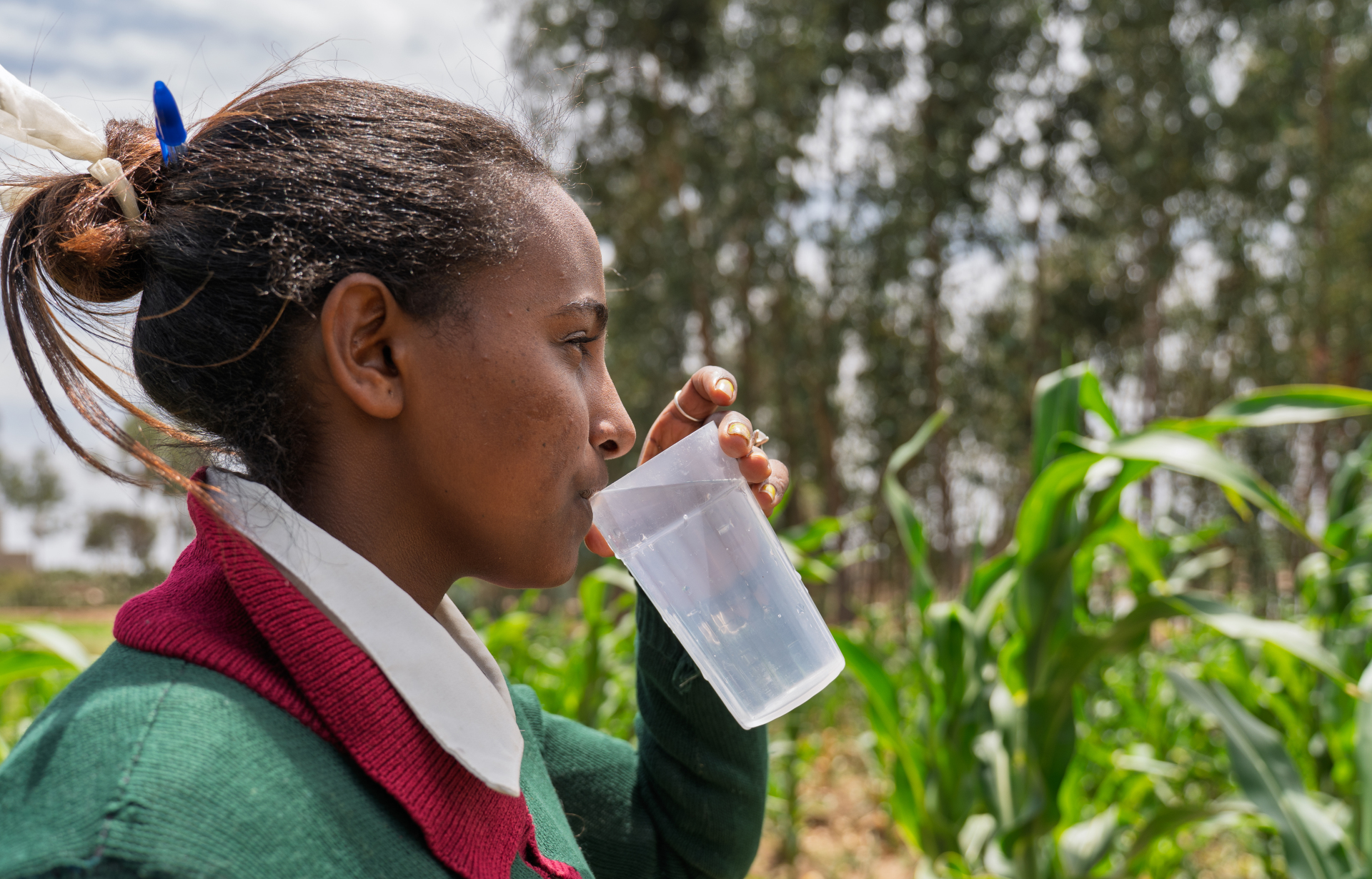Dear brothers and sisters in Christ,
Scotland stands at a moment of profound moral consequence. In the coming weeks, the Scottish Parliament will cast its final vote on the Assisted Dying for Terminally Ill Adults (Scotland) Bill; legislation that would, for the first time in our nation’s history, permit physician‑assisted suicide. As your shepherds, entrusted with the care of souls and the protection of human dignity, we write to you with deep concern.





